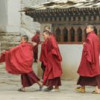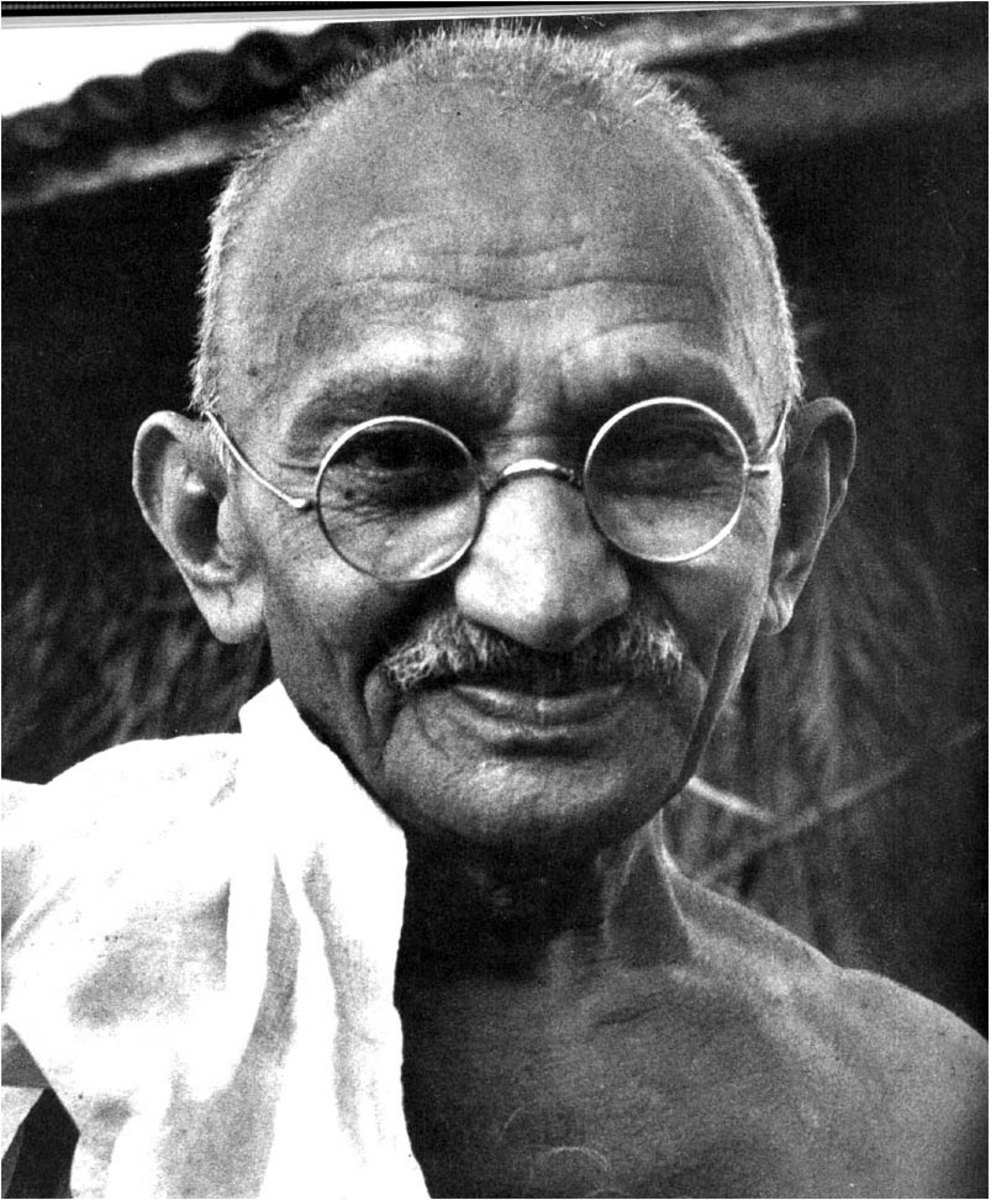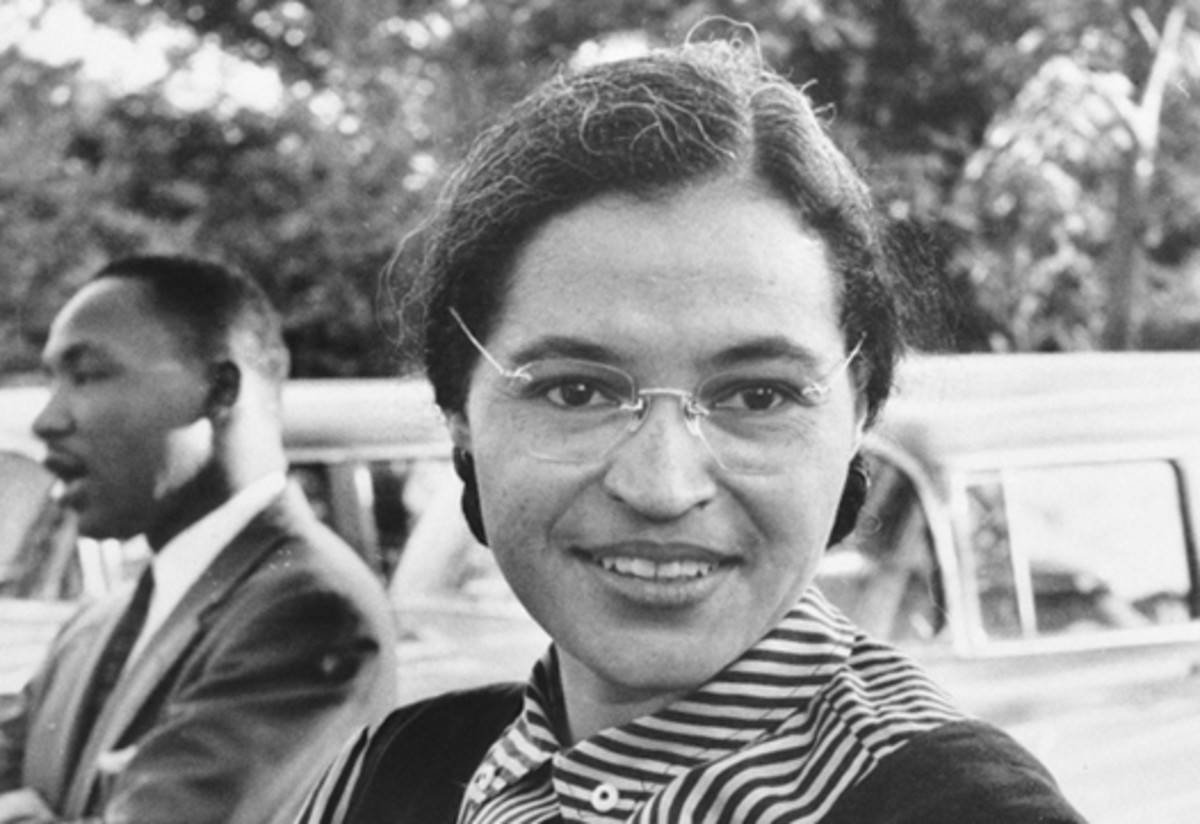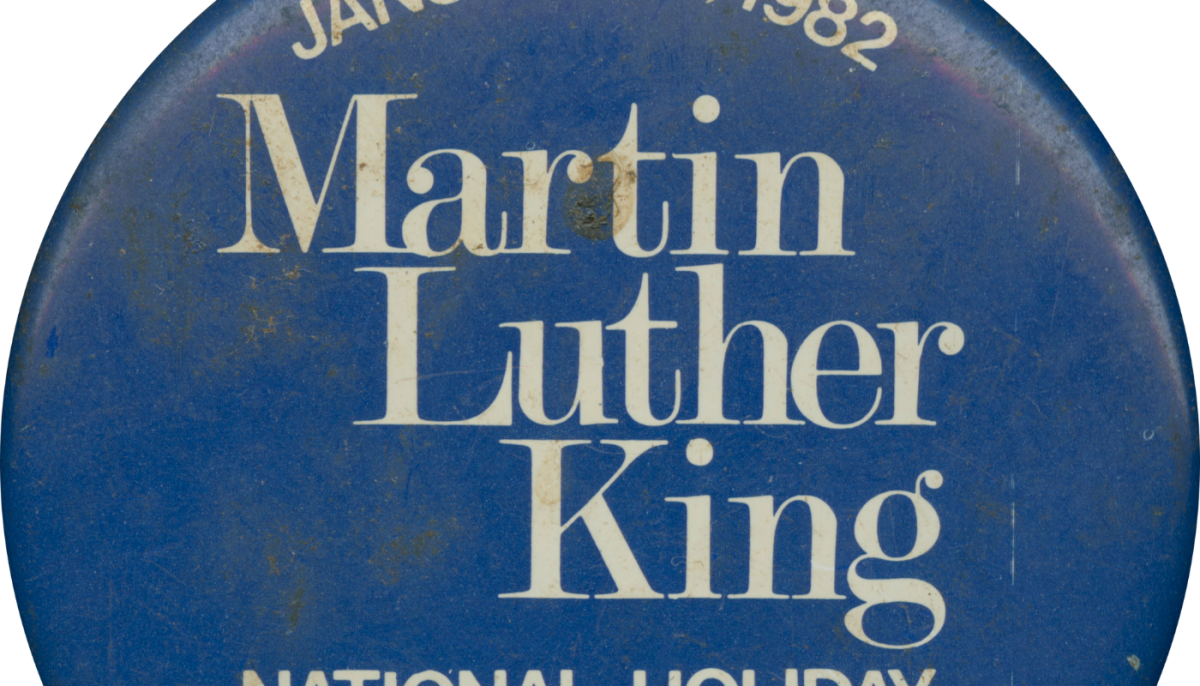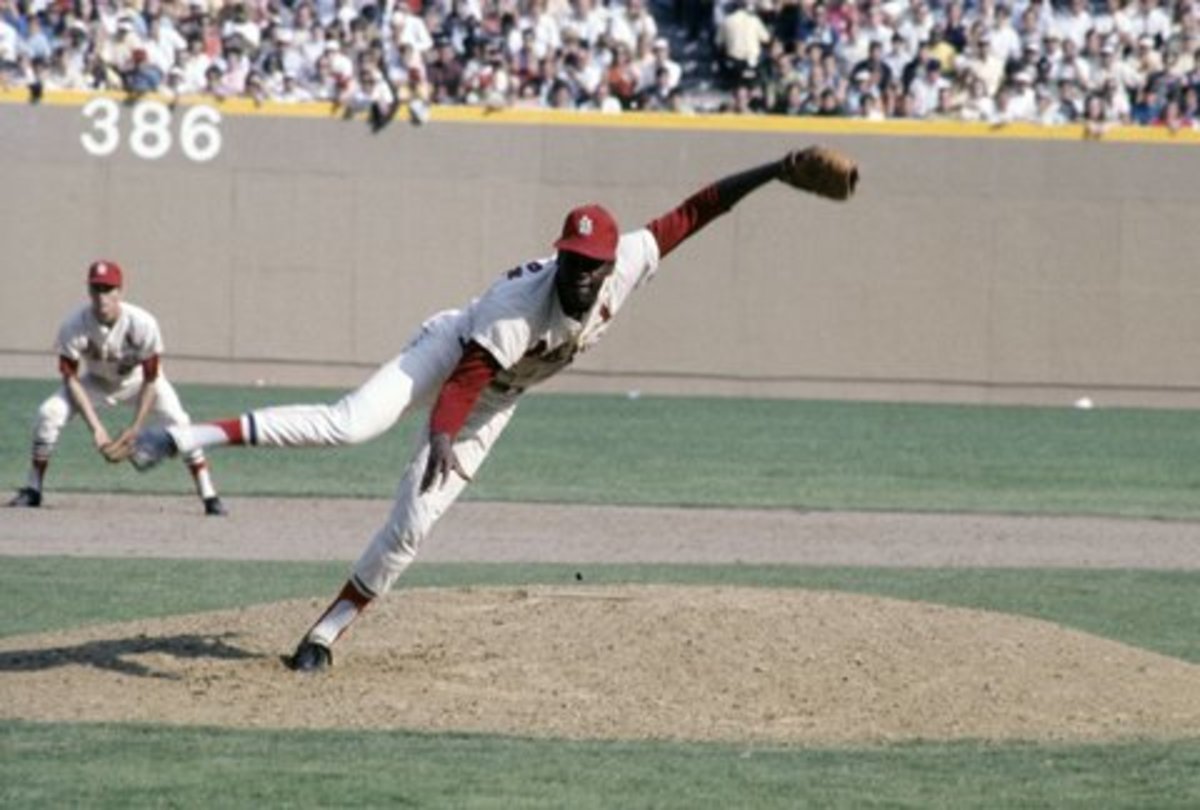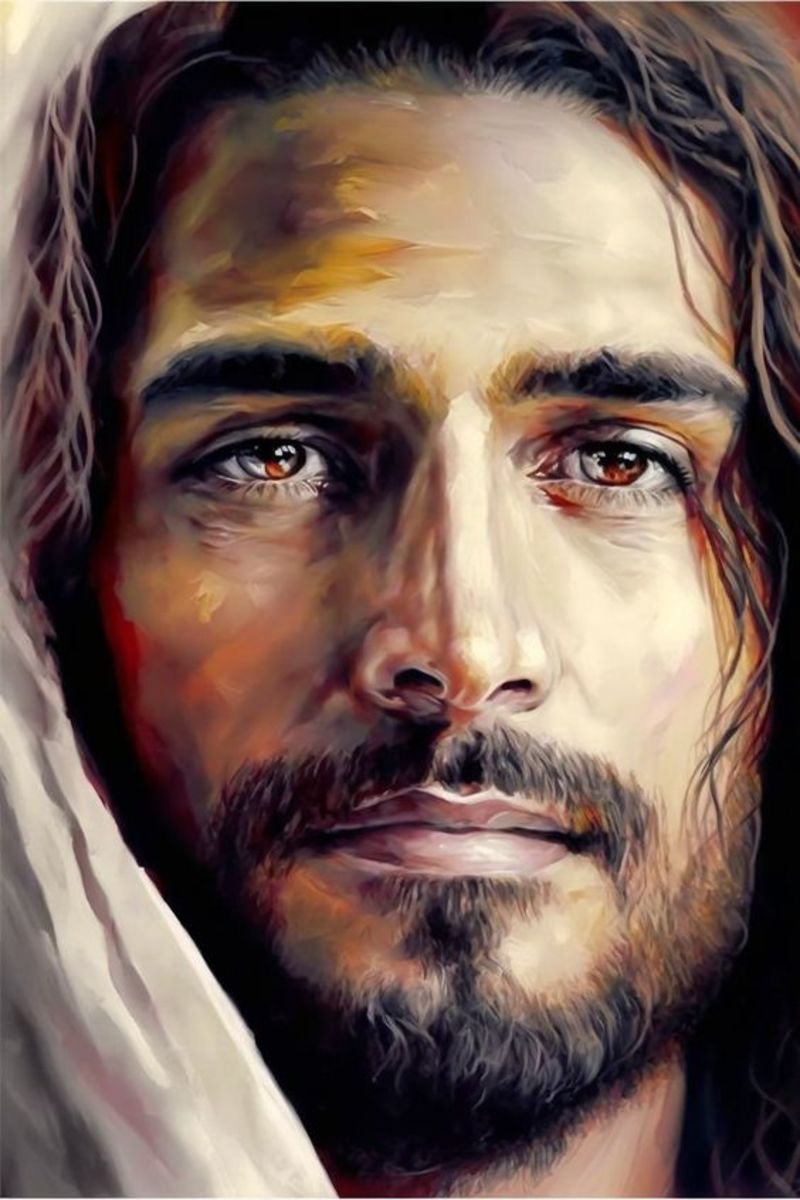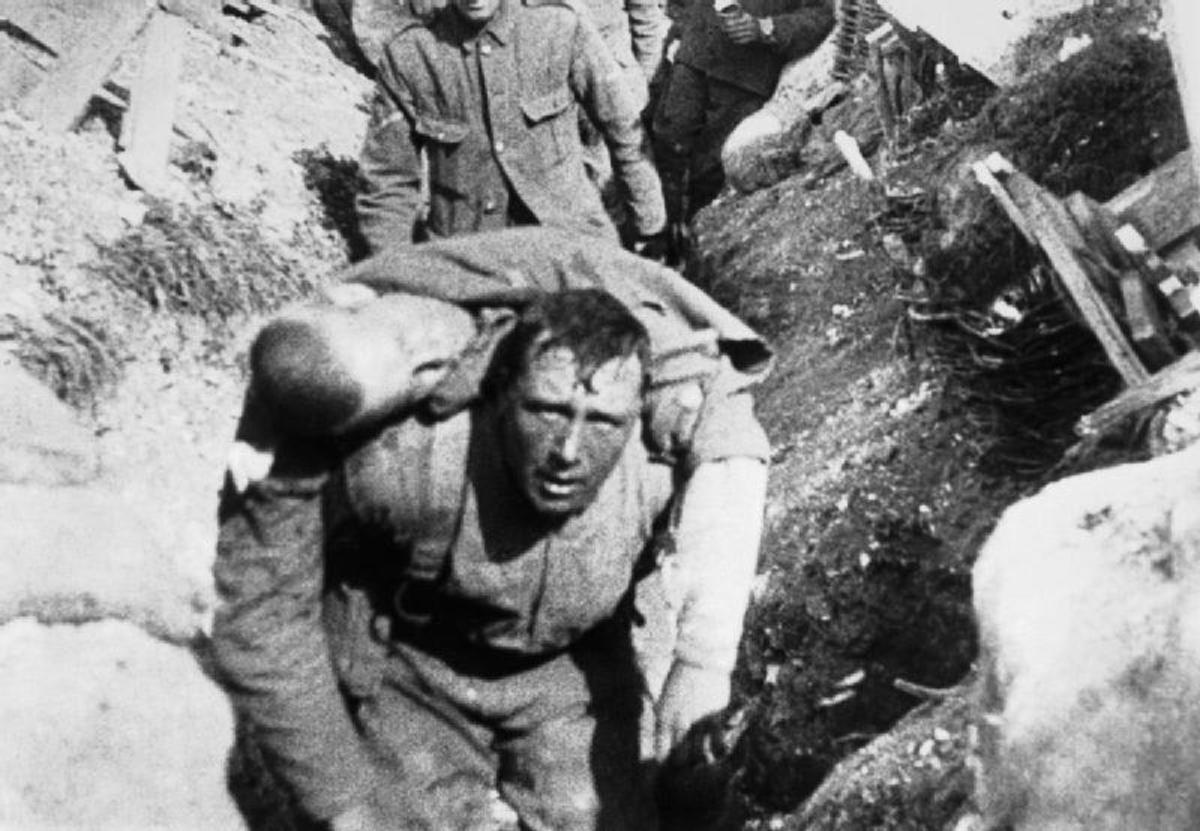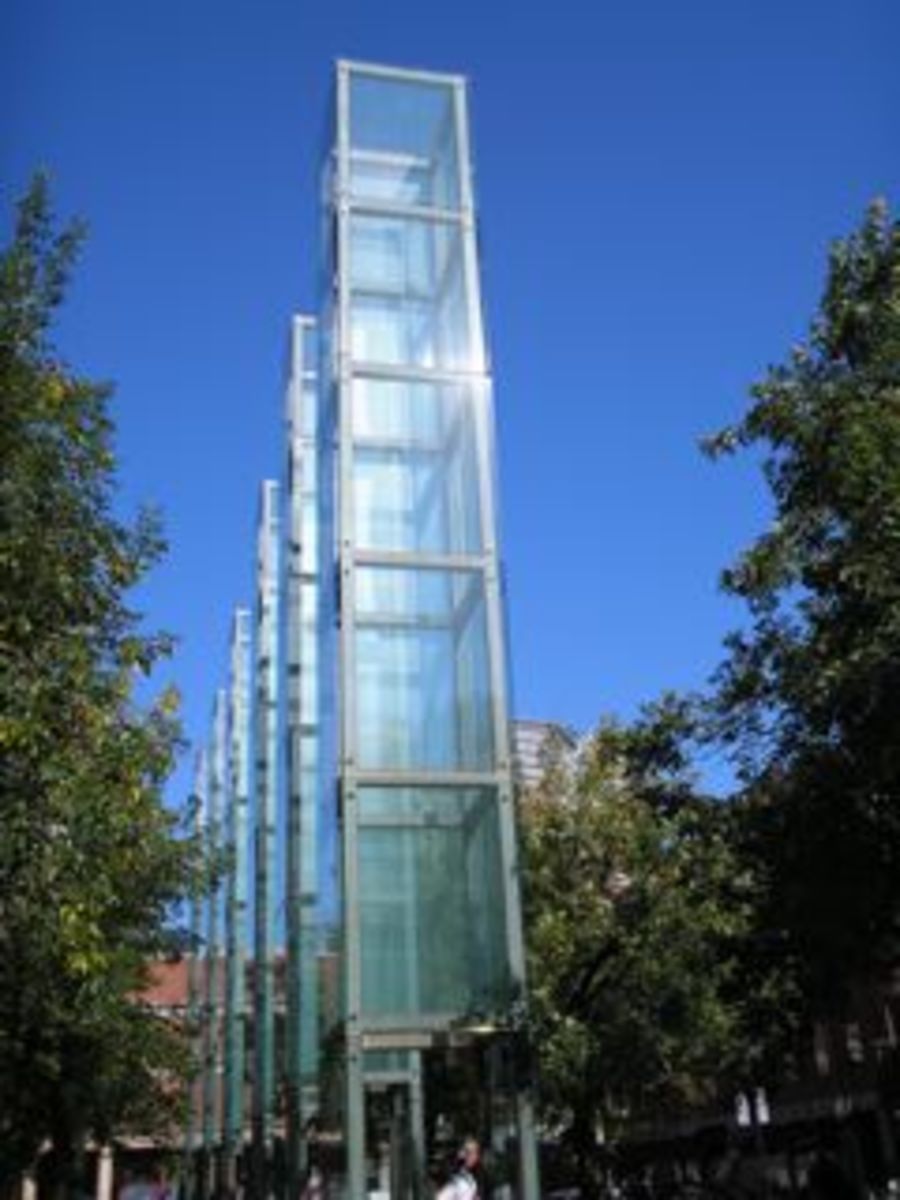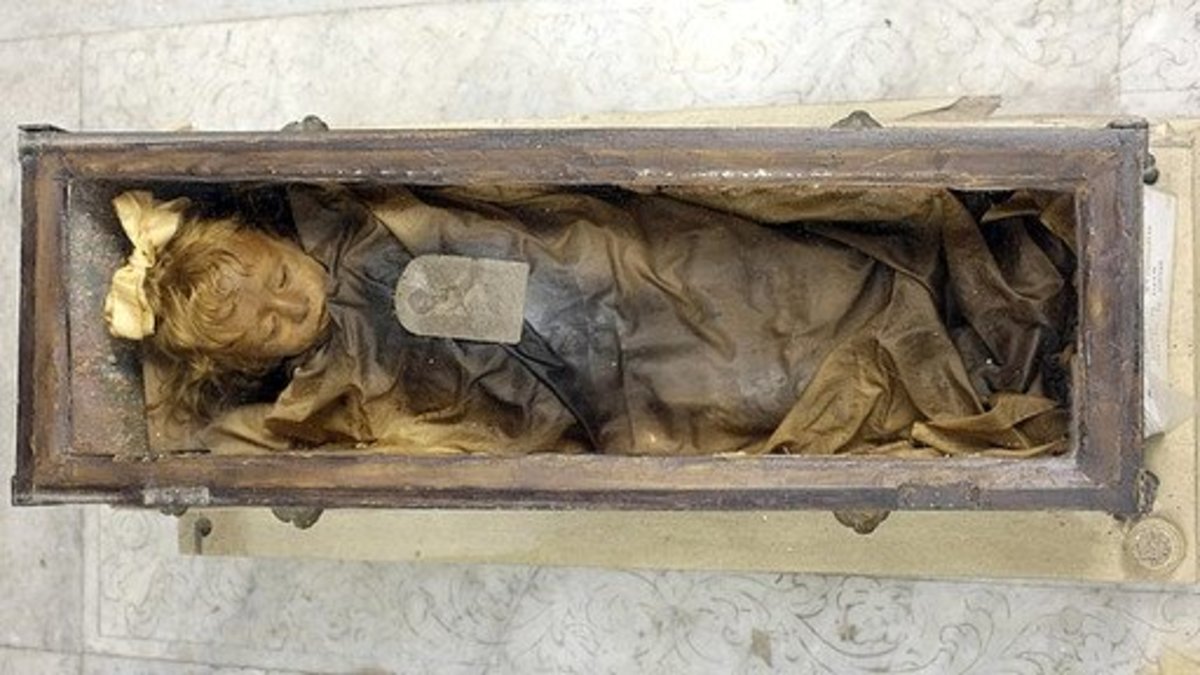- HubPages»
- Education and Science»
- History & Archaeology»
- History of the Modern Era»
- Twentieth Century History
Messiahs Of Peace
Messiahs of the Twentieth Century
When we leaf through the pages of modern history and try to determine the persons who have made a change in the world order devoid of any aggression whatsoever, two names come to immediate reckoning, Mohandas Karamchand Gandhi and Martin Luther King Jr. They were the greatest stalwarts to have tread the Twentieth Century, and have remained world leaders to this day encouraging others to tread the path that they had chosen for liberation. They firmly believed in nonviolence as the only means to attain absolute freedom. They believed that violence only led to its furtherance, and were able to achieve their goals through nonviolent protests like boycott of goods and services of the targets of their resistance.
Among many similar protests, Gandhi also led a boycott of British cloth to reduce dependence on import, while King and his followers boycotted public transportation to protest color segregation until the US Supreme Court determined that to be unconstitutional. Gandhi campaigned for freedom from British rule, while King did that for civil rights in his country. They both believed that world attention could be drawn through nonviolent resistance, and that the aggressors would be marginalized and forced to change policies or else face the risk of isolation, embarrassment and being scorned and scoffed at by the world community. They encouraged their followers to refrain from striking back even at the greatest provocation, and so prove victory of human fortitude against the worst adversities to achieve their ultimate goal. Their principles and ideology are as relevant now as they were half a century earlier. Who and what were their inspirations though? From where did they derive their wellspring of hope and courage to protest and then survive against adversities wreaked by the strength of the state machinery? What gave them the strength to fight all odds and then lay themselves at the altar of sacrifice?
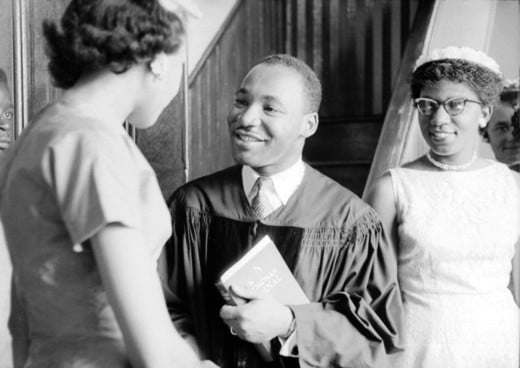
Inspiration Of Rev. Martin Luther King Jr.
The Reverend Martin Luther King Jr. was greatly inspired by the father of the Indian nation and the great Indian freedom fighter Mahatma Gandhi. Although Gandhi and King never met, King had his first introduction to Gandhi’s philosophy at Crozer Theological Seminary when Bayard Rustin, the African-American civil rights activist, was the main advisor to King in the late 1950s. Rustin had studied Gandhi's teachings in detail and had tried to implement that philosophy in the 1940s. King then was a firm believer of self defense, and knew little about Gandhi until the early 1950s.However, under the influence of Rustin, King gradually acknowledged nonviolent resistance as a better alternative to armed struggle.
King was so inspired by Gandhi’s philosophy that he visited India in 1959 with the support of the Quaker group. This trip made King see the role of nonviolent struggle in achieving success, and reaffirmed his faith and commitment to his struggle for civil rights by adopting similar means. King thus spoke on radio in India just prior to leaving for the US, "Since being in India, I am more convinced than ever before that the method of nonviolent resistance is the most potent weapon available to oppressed people in their struggle for justice and human dignity".
While receiving the Nobel Prize in 1964, King admired Gandhi as the "successful precedent" of non-violence "in a magnificent way by Mohandas K. Gandhi to challenge the might of the British Empire... He struggled only with the weapons of truth, soul force, non-injury and courage.”
Who was Gandhi though?

Mohandas Karamchand Gandhi
Mohandas Karamchand Gandhi was born in 1869 in the Western Indian State of Gujarat. His early education was in the city of Porbander where he was born, though at age 19 he left home to study law at the Inner Temple, one of the four colleges that taught law in London. He subsequently returned to India and set up his law practice in 1891. However, he went to South Africa to work for an Indian firm and remained there for the next 20 years along with his wife and children.
During a court appearance in Durban, a european magistrate asked him to take off his turban as per the prevailing protocol in the country. He refused and promptly left the courtroom. Subsequently, while on a train journey to Pretoria, he was asked to vacate his seat in a first class compartment for a European passenger by the white railroad driver. He again refused, and was beaten up and thrown out of the compartment by the driver. These two incidents were the turning points in the life of Gandhi, and he subsequently developed the method of passive resistance, with firmness and truth as the basic modes of non-cooperation and nonviolence in his philosophy. He implemented his policies in South Africa successfully and left for India in 1914.
In 1919, Gandhi launched passive resistance against the British authorities that ruled India then. That and other protests culminated in India obtaining its independence in 1947. The highest point in this resistance was the Salt March in 1930 that was aimed against the British Government’s rule of taxing salt. This taxation affected the entire Indian population, especially the poorer strata of the society. He and his followers were beaten mercilessly for protesting, yet they never retaliated on a single occasion and ultimately achieved their objective of abolition of the tax by the British Government.
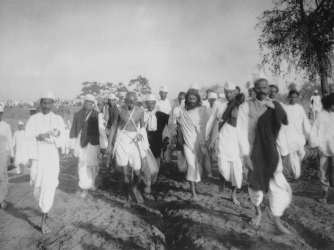
Martin Luther King, Jr.- Influence of Gandhi and Nonviolence
Influences Of Gandhi And King.
Gandhi was influenced to a large extent by Leo Tolstoy’s writings, especially his book ‘The Kingdom of God Is Within You.’ Tolstoy himself was influenced by ‘Jesus’ Sermon on the Mount,’ and thus both Gandhi and King were influenced by the principles of morality by the great Christian anarchist Tolstoy. In 1959, King also quoted from the Tolstoy classic ‘War and Peace.’
King was also influenced by Thoreau’s writing ‘On Civil Disobedience’ where he had his first exposure of refusing to be a part of a system that was corrupt. Subsequently, he read the works of Paul Tillich, Walter Rauschenbusch and Reinhold Niebuhr, all protestant theologians, and `used “agape” or Christian love that was deepest, in his movement of nonviolent resistance.
Gandhi's motivation of nonviolence also came from his belief in the Hindu religion that preaches 'ahimsa' or nonviolence. He quotes in his biography, "A true votary of ahimsa therefore remains true to his faith if the spring of all his actions is compassion, if he shuns to the best of his ability the destruction of the tiniest creature, tries to save it...He will be constantly growing in self-restraint and compassion..."
During his visit to India, King learned how Gandhi escorted the "untouchables" or the lower class in the caste system into temples and thus broke the age-old practice of restricting their participation in religious ceremonies that he felt was everybody's birthright..
Gandhi also read the 'Bhagavad Gita,' the holy Indian book, for direction in his life. He sought comfort in the book whenever doubts, insecurities and disappointments would haunt him.
Gandhi and Martin Luther King thus were inspired by the same well of hope, leaning time and again to the philosophies that molded them to be who they were, for reassurance and strengthening their resolve.
World Leaders
Some believe that leaders are born, not made. Leadership qualities however are further strengthened by environment, belief and affiliations. Gandhi and King are the finest examples of such characteristics. They led and showed that things could indeed be changed by nonviolent protests against the strongest entities and orders as framed by dominant societies. Gandhi led a movement against 'Caesarism' where he challenged the might of the British Empire, while King did the same for civil rights in America. Both did it through nonviolent means, which they believed were their true ‘artilleries.’ Their ideologies remained similar in their quest for freedom and remained firmly rooted in their belief that non-violence and non-aggression were the only means to counter aggression and thus bring about a change in the world order. They remained undaunted and unfazed in their beliefs until the very end, and paved the way for humanity to experience the power of love in overcoming adversities. They indeed will remain as heroes for eternity. Aggressors now and in the future will one day realize the importance of universal brotherhood and their futility to dominate religions and other world orders through aggression and violence.
